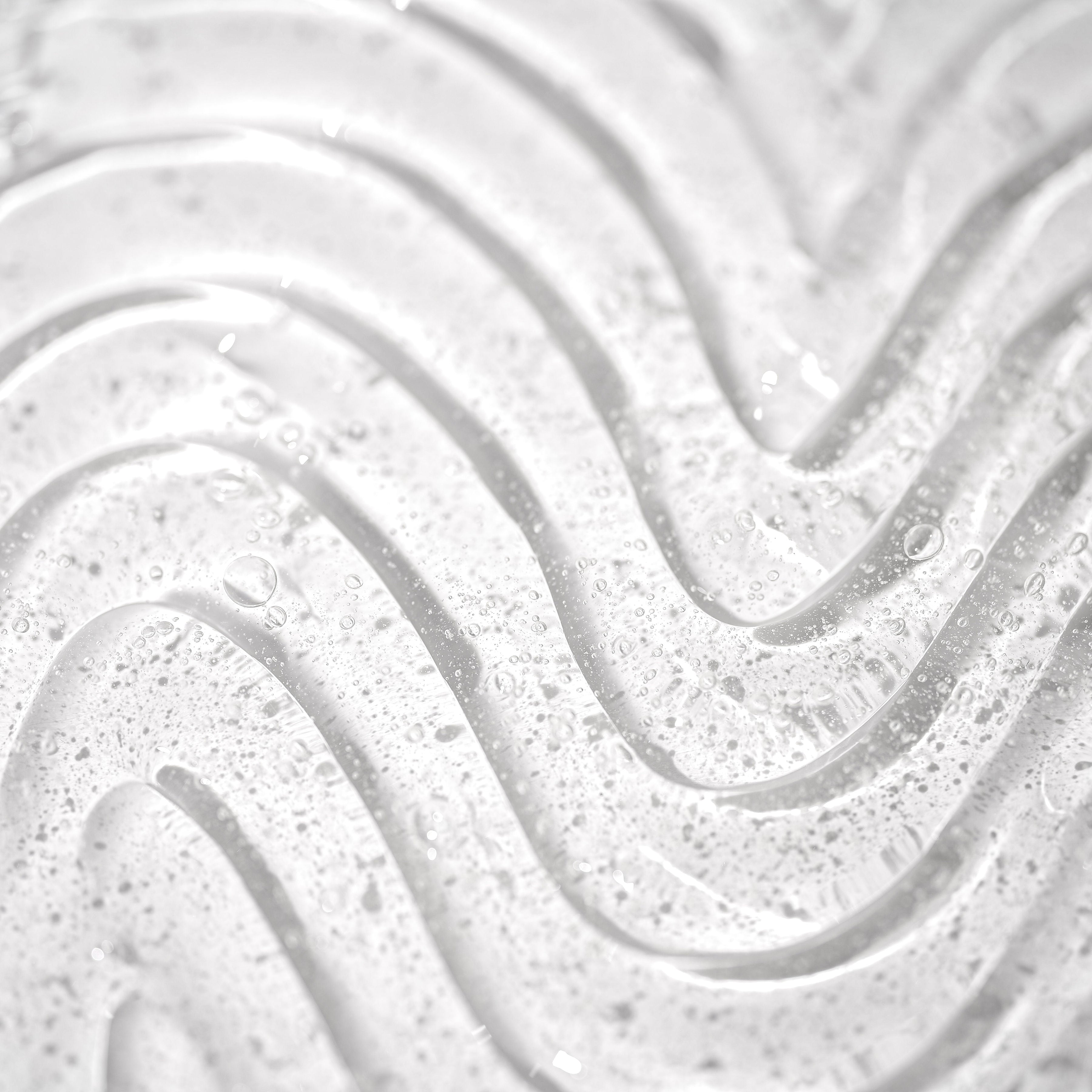Are Hormones Causing Your Breakouts

The teenage years are often synonymous with exploration, growth,
and self-discovery. Yet, acne and breakouts are common skincare conditions that plague many teens and tweens. While it's easy to attribute pimples to poor skincare habits, a lack of regular face washing, and even dietary choices, are your hormones the real culprit?
Hormones play a significant role in regulating several bodily functions, including the skin's health. During puberty, hormones in the
body are at a high as the body undergoes normal bodily changes. As
hormones surge, unfortunately, so do the dreaded pimples for some of us.
One of the primary hormones responsible for teen breakouts are the androgen hormones. Androgens, such as testosterone, increase during puberty in both boys and girls. These hormones stimulate the sebaceous glands, located underneath the skin, to produce more sebum, an oily substance that keeps the skin lubricated. However, when the skin produces too much sebum, it can get clogged within the pores. When sebum mixes with dead skin cells and the bacteria that causes pimples, acne bumps occur.
Puberty is only one piece of the hormone-related puzzle. For girls and even women, the menstrual cycle introduces another hormonal rollercoaster. In the days leading up to your period, the hormone estrogen decreases while androgen levels increase, causing an overproduction of sebum. This hormonal shift not only triggers breakouts but can also exacerbate existing acne, leading to what's commonly known as period pimples.
The connection between hormonal levels and acne is undeniable.
However, understanding this connection is important for teenagers so they can adopt a targeted skincare routine and make smart choices to manage breakouts effectively.
Acne may be a common challenge for teens, but it doesn't have to define you. You can clear up breakout-prone skin with knowledge, patience, and the right strategies.
and self-discovery. Yet, acne and breakouts are common skincare conditions that plague many teens and tweens. While it's easy to attribute pimples to poor skincare habits, a lack of regular face washing, and even dietary choices, are your hormones the real culprit?
Hormones play a significant role in regulating several bodily functions, including the skin's health. During puberty, hormones in the
body are at a high as the body undergoes normal bodily changes. As
hormones surge, unfortunately, so do the dreaded pimples for some of us.
One of the primary hormones responsible for teen breakouts are the androgen hormones. Androgens, such as testosterone, increase during puberty in both boys and girls. These hormones stimulate the sebaceous glands, located underneath the skin, to produce more sebum, an oily substance that keeps the skin lubricated. However, when the skin produces too much sebum, it can get clogged within the pores. When sebum mixes with dead skin cells and the bacteria that causes pimples, acne bumps occur.
Puberty is only one piece of the hormone-related puzzle. For girls and even women, the menstrual cycle introduces another hormonal rollercoaster. In the days leading up to your period, the hormone estrogen decreases while androgen levels increase, causing an overproduction of sebum. This hormonal shift not only triggers breakouts but can also exacerbate existing acne, leading to what's commonly known as period pimples.
The connection between hormonal levels and acne is undeniable.
However, understanding this connection is important for teenagers so they can adopt a targeted skincare routine and make smart choices to manage breakouts effectively.
- Maintain a consistent skincare regimen. Gentle cleansing, spot treating as necessary, and regularly moisturizing the skin can all help to diminish breakouts. However, using harsh products or over-washing the skin to shrink pimples can strip the skin of its natural oils, triggering the sebaceous glands to produce even more sebum. Instead, stick with non-comedogenic, oil-free products and avoid abrasive scrubbing.
- Your diet also plays a role in achieving good skin. Believe it or not, certain foods, such as those high in sugar and refined carbohydrates, can spike insulin levels and potentially exacerbate acne. While it may be hard for teens to eat clean and healthy at every meal, following a well-balanced diet rich in fruits, vegetables, lean proteins, and whole grains can help support healthy skin.
- Stress management is vital. Stress triggers the release of cortisol, a hormone that can exacerbate acne by increasing inflammation and stimulating sebum production. Rather than letting stress get the best of you, find a way to relax through yoga, meditation, or deep breathing exercises, which can help mitigate stress levels and promote hormonal equilibrium.
- For teenage girls experiencing period-related pimples, understanding their menstrual cycle can be empowering. Tracking hormonal fluctuations and implementing preemptive skincare measures, such as oil-absorbing products or spot treatments during the days leading up to menstruation, can help minimize breakouts.
Acne may be a common challenge for teens, but it doesn't have to define you. You can clear up breakout-prone skin with knowledge, patience, and the right strategies.




Comments
kazi —
just stumbled upon this brand and omg!! deserves to be so much bigger! so much honesty and transparency. love the idea of blogs. can’t wait to see this brand at ulta/sephora :)